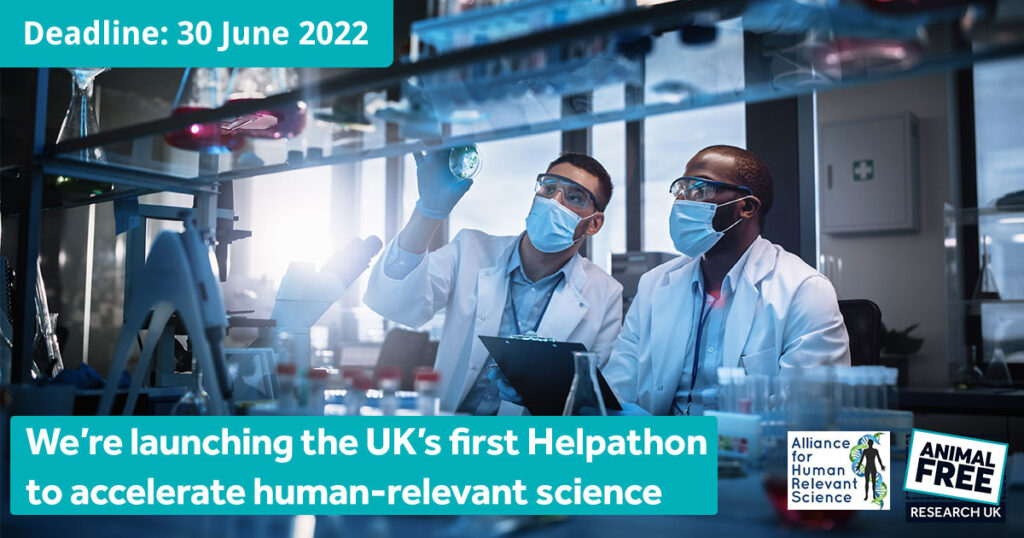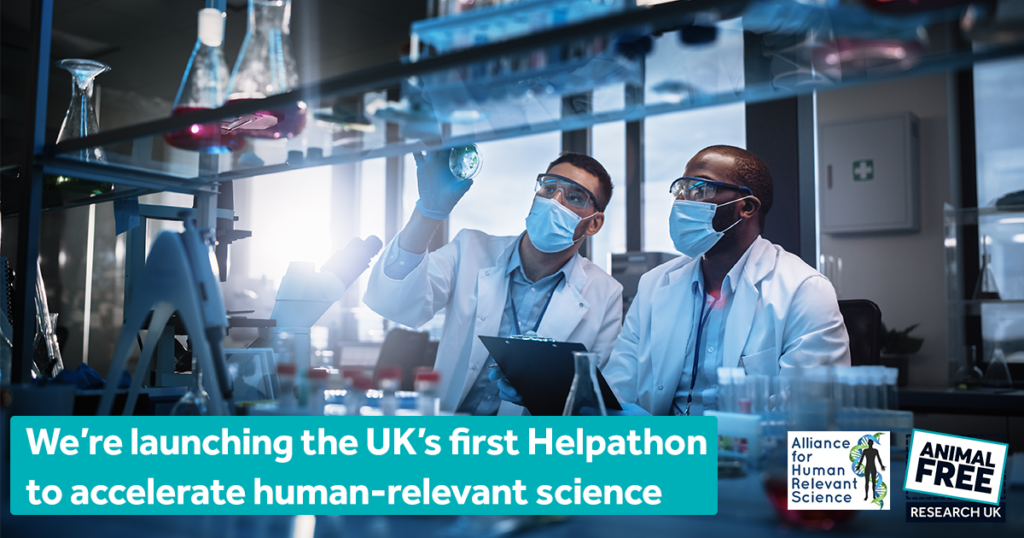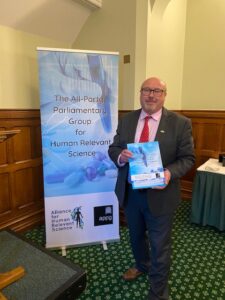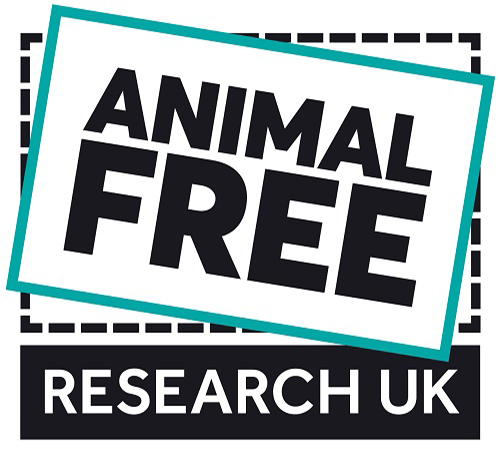 Queen Mary University of London’s Dr Adrian Biddle and Sophie O’Kane of Karolinska Institutet recognised in inaugural next generation spotlight awards
Queen Mary University of London’s Dr Adrian Biddle and Sophie O’Kane of Karolinska Institutet recognised in inaugural next generation spotlight awards
LEADING PROFESSOR of Evidence-Based Transition to Animal-free Innovations of Utrecht University, Dr Merel Ritskes-Hoitinga, has been awarded Animal Free Research UK’s Pioneer Medal 2023.
Now in its second year, The Pioneer Award celebrates the achievements of trailblazing scientists who conduct medical research without the use of animals. Last year the award was accepted by Dr Donald E Ingber of Harvard University.
This year also sees the announcement of two new awards, which shine a light on the next generation of inspiring animal free researchers. Dr Adrian Biddle of Queen Mary University London has been awarded the inaugural Outstanding Scientist 2023, and Sophie O’Kane of Karolinska Institutet is first to be awarded Early Career Scientist 2023.
All three winners will receive a specially commissioned accolade during Animal Free Research UK’s Science Conference, taking place in Cambridge over October 4-5th, and each will deliver a lecture on their pioneering contribution to animal free research.
Announcing the winners, Animal Free Research UK’s Science Director Dr Jarrod Bailey said:
“Dr Merel Ritskes-Hoitinga is an expert in her field, leading the way in enabling the adoption of ground-breaking new technologies that are revolutionising the way we conduct medical research. We are thrilled to name her this year’s Pioneer.
We are also proud to announce two new next generation spotlight awards. Our Outstanding Scientist 2023, Dr Adrian Biddle, has made a notable contribution to the field of pioneering animal-free cancer research at the Blizard Institute, Queen Mary University London, inspiring countless young scientists to follow in his footsteps. Early in her profession, Sophie O’Kane is one to watch, her enthusiasm and commitment to pursuing an animal free career shines through in her work to date.”
Pioneer Award Winner, Dr Merel Ritskes-Hoitinga, said: “It is a tremendous honour for me to receive the Animal Free Research UK Pioneer Award. I dedicate my education and research efforts to evidence-based acceleration towards the adoption of animal-free methodologies. This award serves as a motivating force propelling me towards achieving this critical objective, one that holds immense benefits for both animals and humans.”
Outstanding Scientist Winner, Dr Adrian Biddle, said: “I am deeply honoured to win this Animal Free Research award. I have witnessed, over the past decade, the fantastic work that Animal Free Research UK does to raise the profile of animal free research approaches in UK bioscience. It has been really rewarding to have been able to play a role in this. The future of animal free research is certainly bright, and I look forward to a future of technological innovation that enables further replacement of animals in research.”
Early Career Scientist Winner, Sophie O’Kane said: “Words cannot express how it feels to have been awarded the Early Career Scientist Award! To be recognised for something I have found to be as challenging as it has been fulfilling is especially rewarding, and inspires me to call upon all scientists, young and old, to reflect with an open-heart, to embrace novel alternative methods and to join us in the much needed race to replace non-human animals in human medical research.”
Animal Free Research UK CEO, Carla Owen, said: “The Pioneer Awards are a prestigious annual mark of achievement, elevating animal free research and researchers in the scientific community and inspiring the next generation of scientists. The decisions more and more scientists like Dr Merel Ritskes-Hoitinga, Dr Adrian Biddle and Sophie O’Kane make to champion animal replacement in their work is unlocking answers to the many questions we still have about diseases. Their groundbreaking work deserves to be recognised.”
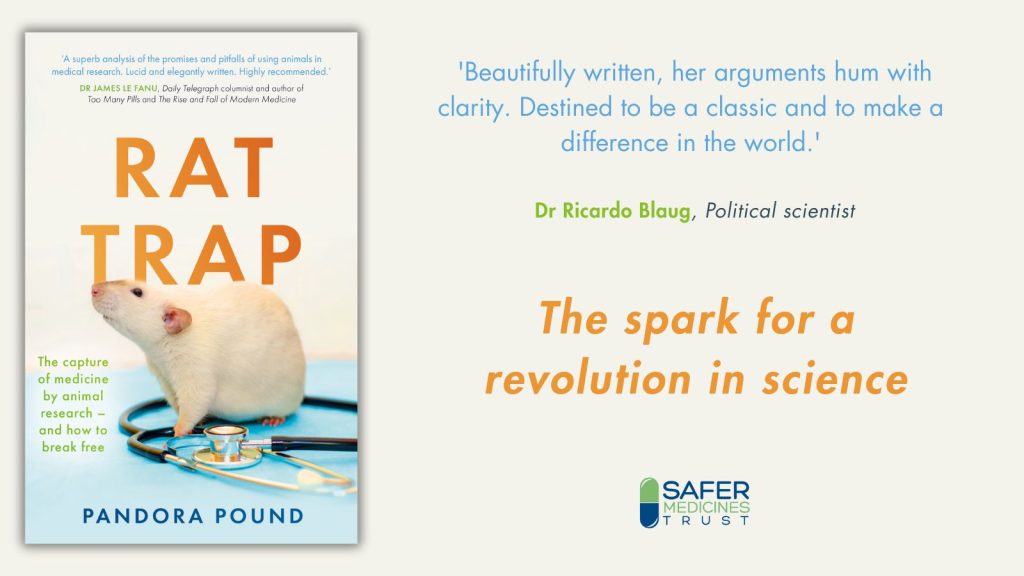 Dr Pandora Pound, Research Director from Safer Medicines Trust, will be presenting her forthcoming book ‘Rat Trap: The Capture of Medicine by Animal Research – and how to Break Free’ on Monday July 31st at 6pm in a webinar hosted by Kat Herrmann.
Dr Pandora Pound, Research Director from Safer Medicines Trust, will be presenting her forthcoming book ‘Rat Trap: The Capture of Medicine by Animal Research – and how to Break Free’ on Monday July 31st at 6pm in a webinar hosted by Kat Herrmann.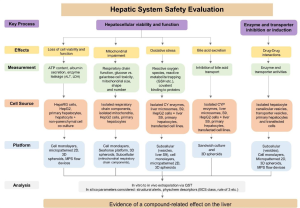
 London recently provided the venue for the very first animal free innovation Helpathon in the UK.
London recently provided the venue for the very first animal free innovation Helpathon in the UK.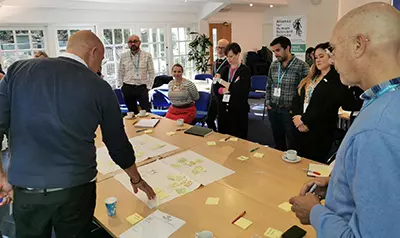 The atmosphere was electric with engaged and inspired participants coming up with questions which were then grouped into themes. Participants then worked together in rooms discussing and interrogating these questions and moving between rooms, encouraging new connections to be made and more ideas to be generated. Day 2 saw these ideas being released from constraints of reality with visionary thinking around an ’ideal future’ where all research is animal free. Participants worked in teams and transformed themselves into movie makers, actors, comic creators and then live-streamed their final presentations during the closing session. These creative presentations ranged from new methods to help identify drug targets through to roadmaps on how to transition to a future world where science is animal free.
The atmosphere was electric with engaged and inspired participants coming up with questions which were then grouped into themes. Participants then worked together in rooms discussing and interrogating these questions and moving between rooms, encouraging new connections to be made and more ideas to be generated. Day 2 saw these ideas being released from constraints of reality with visionary thinking around an ’ideal future’ where all research is animal free. Participants worked in teams and transformed themselves into movie makers, actors, comic creators and then live-streamed their final presentations during the closing session. These creative presentations ranged from new methods to help identify drug targets through to roadmaps on how to transition to a future world where science is animal free.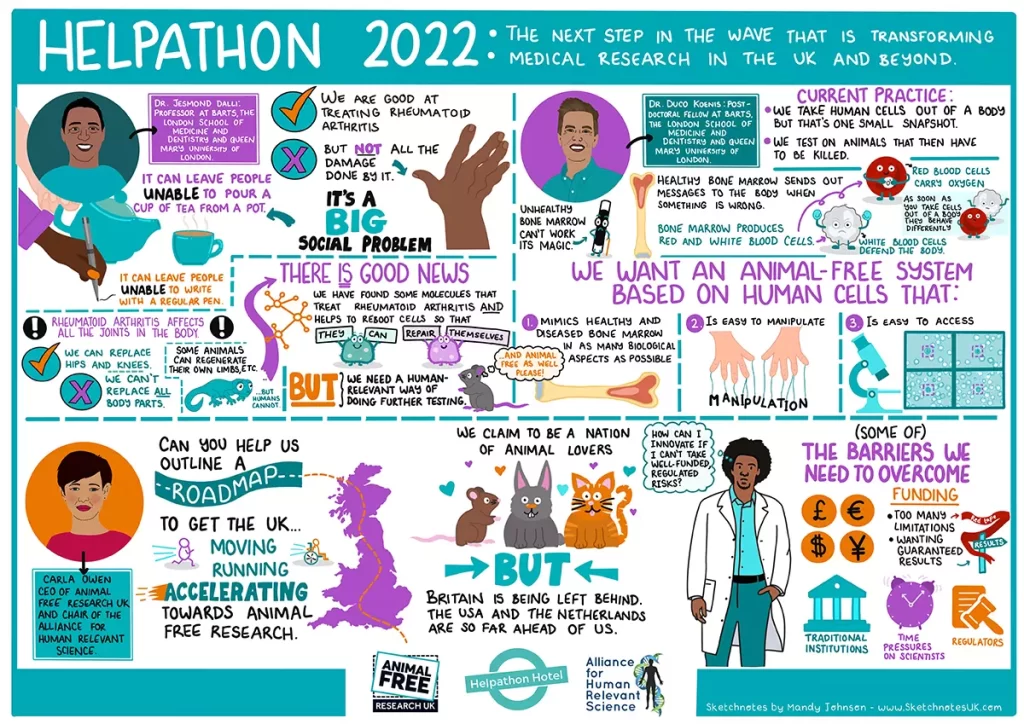
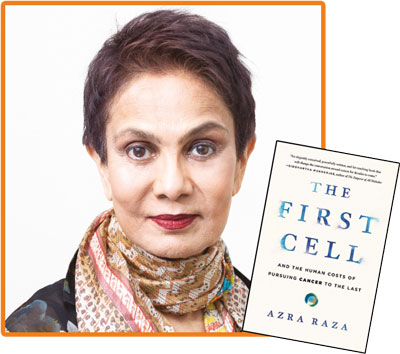
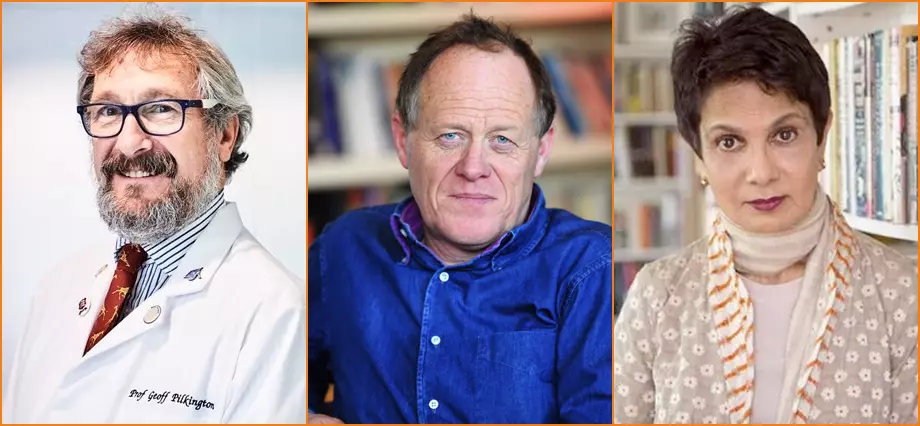
 A one-of-its-kind online community aimed at improving communication among biomedical scientists has been launched by the
A one-of-its-kind online community aimed at improving communication among biomedical scientists has been launched by the 